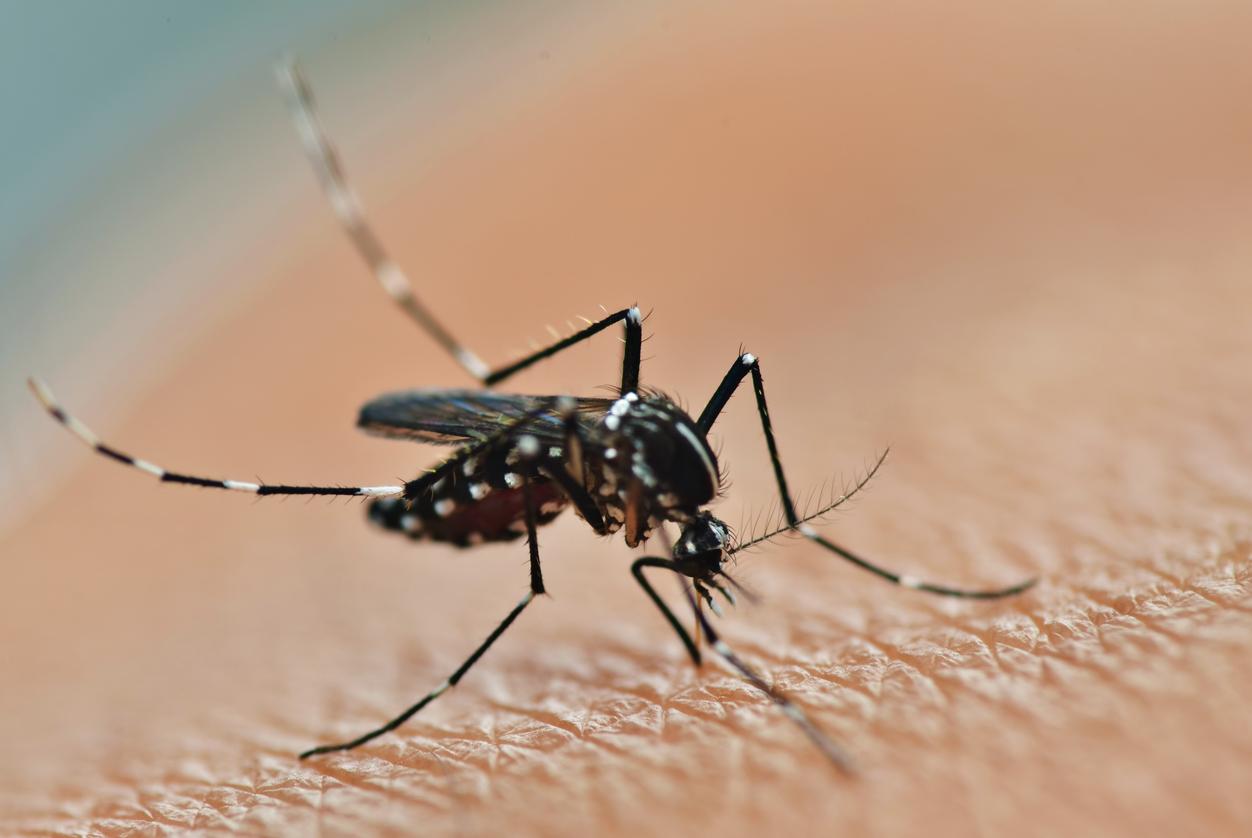Since the start of the Ebola fever epidemic, more than 1,350 people have died. According to Unicef, a majority of infected people are women: they represent between 55 and 60% of those affected can we read in the Washington Post. This proportion would even reach 75% in Liberia.
The reasons for this inequality in the face of the virus are mainly social: when a member of the family (and in particular a child) falls ill, it is mainly women who care for him and not men. When there is a death in the family, it is also the women who prepare the funeral. Likewise, women are in the majority among nursing staff. However, these are not not spared by the virus since the start of the epidemic.
Finally, it is also the women who sell the agricultural production in the weekly markets, without worrying about the quarantine zones. Côte d’Ivoire has also closed access to its fairs to cross-border.
But beyond these social reasons, the magazine Foreign Policy recalls that many epidemics affect women more regularly: the H1N1 flu or AIDS, for example. One of the explanations would be that we minimize certain symptoms in the female sex, such as bleeding for example, which is confused with menstrual bleeding.


















